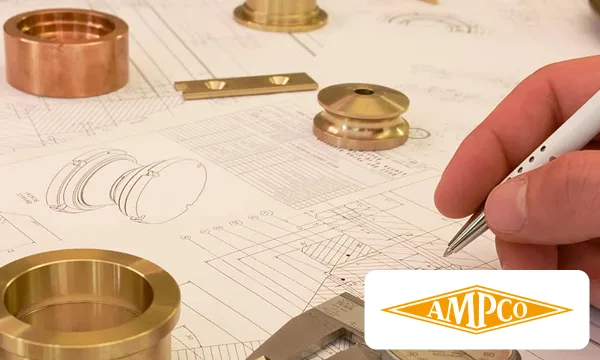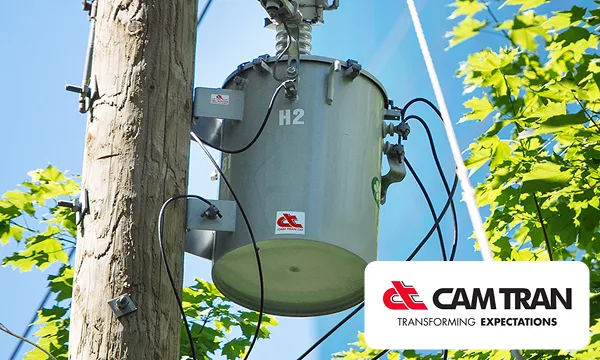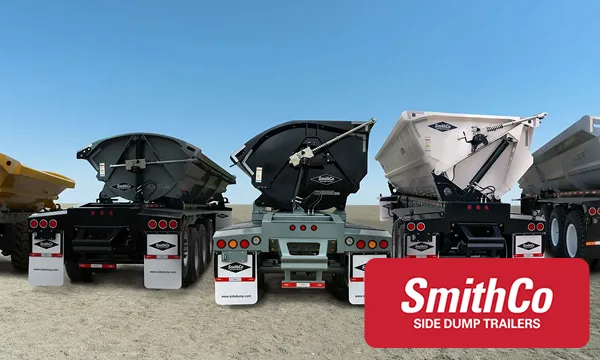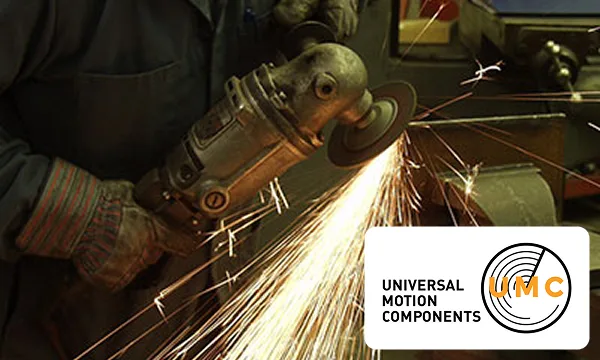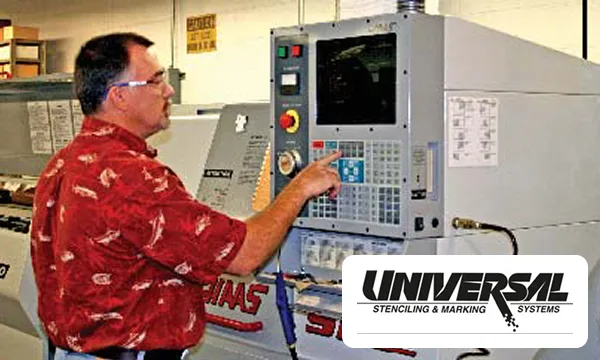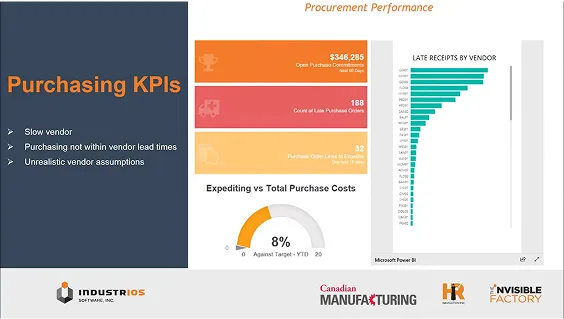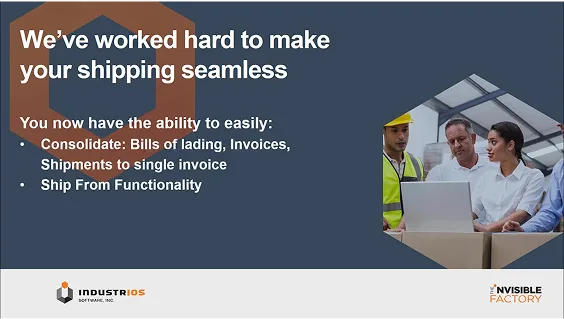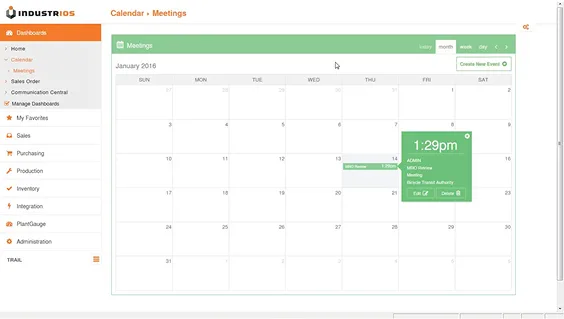RMA Process: 7 Tips to Tailor Your Manufacturing Processes Effortlessly
The Return Material Authorization (RMA) process is a vital component of managing product returns for businesses. It allows for the efficient handling of returns, including refunds, replacements, or repairs. By customizing returns with RMA Types, you can streamline your processes and enhance customer satisfaction.

Understand Your RMA Process
The Return Material Authorization (RMA) process is an integral part of B2B transactions. It involves a series of steps and checkpoints designed to manage product returns or exchanges efficiently. Key stages include initiating the return request, granting the return authorization, providing status updates, and ensuring the customer’s needs are met, whether that involves a product exchange or a refund.
But the truth is, the RMA process can be daunting—the packing, shipping, restocking, and accounting involved add costs and complexity. In fact, according to the U.S. Census Bureau, the value of returned goods in U.S. manufacturing exceeds $100 billion annually, underscoring just how important effective return policies are for manufacturers. However, in the era of digital business where purchases and returns can happen at the click of a button, efficient return policies have become a necessity.
The aim is not to eliminate returns but to optimize your RMA policies and processes to enhance efficiency, recover costs where possible, and maintain strong business relationships. By leveraging customizable RMA types, you can tailor return procedures to suit diverse products, business segments, peak periods, and reasons for return. This approach will ensure your RMA process is a strategic tool for your B2B operations rather than a burden.
Tip #1: Define Clear Return Policies
When it comes to RMA, defining clear return policies is a critical step. Your RMA policy should be easy for your customers to understand and follow. It should clearly outline the conditions under which returns are accepted, the process for initiating a return, any associated costs, and the expected timeline for processing returns. By doing so, you not only minimize potential misunderstandings but also enhance customer satisfaction and trust in your business.
Tip #2:Analyze Return Data
You need to understand your return data. Regular analysis of this data offers you insights into product and part performance. Identifying patterns in returns can help find the root causes, whether it’s a problem with a specific product line, shipping method, or a certain customer group. But this isn’t just about spotting issues; it’s about finding opportunities for improvement.
The information from this analysis could lead to changes in your RMA process, making it more efficient and easier for your customers. It might also reveal areas where product improvements could lower return rates. If a particular product has high return rates due to a defect, this is a clear indicator that the product needs redesigning or enhancement. If customers are having difficulties with the return process, you might need to provide clearer instructions or streamline the RMA process.
Every return is a cost to your business and could mean losing a customer. By analyzing your return data regularly, you can transform these challenges into opportunities for growth and improvement, boosting your bottom line and increasing customer satisfaction.
Tip #3: Implement Efficient Processes
Implementing efficient processes is a practical move for any business, especially when it comes to returns. It’s about finding that balance where your customers’ needs are met without inflating return costs. This means streamlining your RMA process to make it as simple as possible.
A well-structured RMA process can help reduce customer frustration and build trust, leading to better customer relationships. At the same time, an efficient process minimizes unnecessary costs related to returns handling, such as administrative overhead, storage, and disposal of returned items. Remember, every return carries a cost, but with an efficient process in place, these costs can be managed and reduced.
Your goal is to create a win-win situation where customers find it easy to return products when necessary, and your business can handle those returns without incurring excessive costs.
Tip #4: Use RMA Forms
A well-designed RMA form not only makes it easier for customers to communicate their issues, but also helps your team understand the reasons for the return and process it more efficiently. It’s about making the returns process as smooth as possible for everyone involved. By doing so, you can reduce the likelihood of errors, expedite the return process and ultimately improve your relationship with your customers.
Tip #5: Manage Returns Actively
This means not just waiting for returns to happen, but proactively managing your open RMAs. It involves regularly checking your orders and managing the returns section to keep track of all ongoing return processes. This hands-on approach allows you to spot any potential issues early and address them before they escalate.
By staying on top of returns, you ensure that each case is handled efficiently and effectively, reducing the time and resources spent on managing returns. More importantly, active management can lead to improved customer satisfaction and higher retention.
Tip #6: Continual Process Improvement
This principle applies to all stages, from receiving and sorting returns to staging, processing, analyzing, and supporting. Regular reviews of these stages can uncover inefficiencies or areas for improvement that may otherwise go unnoticed.
For instance, you might find ways to streamline the sorting process or discover that certain types of returns need more support than others. By continually refining your RMA process, you ensure it remains efficient, effective, and aligned with your customers’ needs. Remember, a good RMA process isn’t set in stone. It’s a dynamic system that adapts and evolves with your business and your customers.
Tip #7: Customize RMA Stages
This approach involves tailoring each stage of the return process to suit the specific inspection requirements of various products. It’s not about a one-size-fits-all process; it’s about creating a flexible, adaptable system that aligns with the unique needs of each product category.
This level of customization can help streamline the return process, making it smoother and more efficient for both you and your customers. Furthermore, it can significantly reduce errors, as each product is handled according to its specific inspection protocols.
Over to You
With the power to define multiple RMA rulesets and procedures, you can strike the optimal balance between customer experience and operational/financial risk on returns. Get creative with customizations—test tighter policies on customer segments less likely to notice changes or build goodwill with your highest lifetime value shoppers through premium, no-questions-asked RMA privileges.
The key is to turn data into actionable insights. Arm your business with unique RMA types precision-matched to diverse products, purchasers and purchase scenarios.
The INDUSTRIOS Return Material Authorization Suite
Integrating INDUSTRIOS ERP into your RMA process significantly enhances return management. This system offers features for RMA customization and enables businesses to pre-set procedures for different returns with the RMA Types feature, ensuring efficient processing. This results in improved customer satisfaction and better operational performance. Read on to further discover more benefits of our INDUSTRIOS RMA suite:
- Provides a robust framework for managing various aspects of returns, including monitoring, performing returns, exchanges, repairs, and replacements.
- Ensures a smooth return process for customers, making it cost-effective and efficient for companies.
- Speeds up the financial aspect of returns, freeing businesses to concentrate on production.
- Adapts to any internal RMA process, whether complex and detailed or straightforward and agile.
- Delivers tailored solutions to speed up the returns process, enhancing customer satisfaction.
- Builds customer confidence in the business, encouraging increased spending.
- Highlights the company’s commitment to customer satisfaction after the sale.
- Streamlines valid returns, contributing to the overall health and success of the business.
Essentially, the INDUSTRIOS RMA Suite is designed to keep businesses thriving by making the return process as efficient and customer-friendly as possible.


